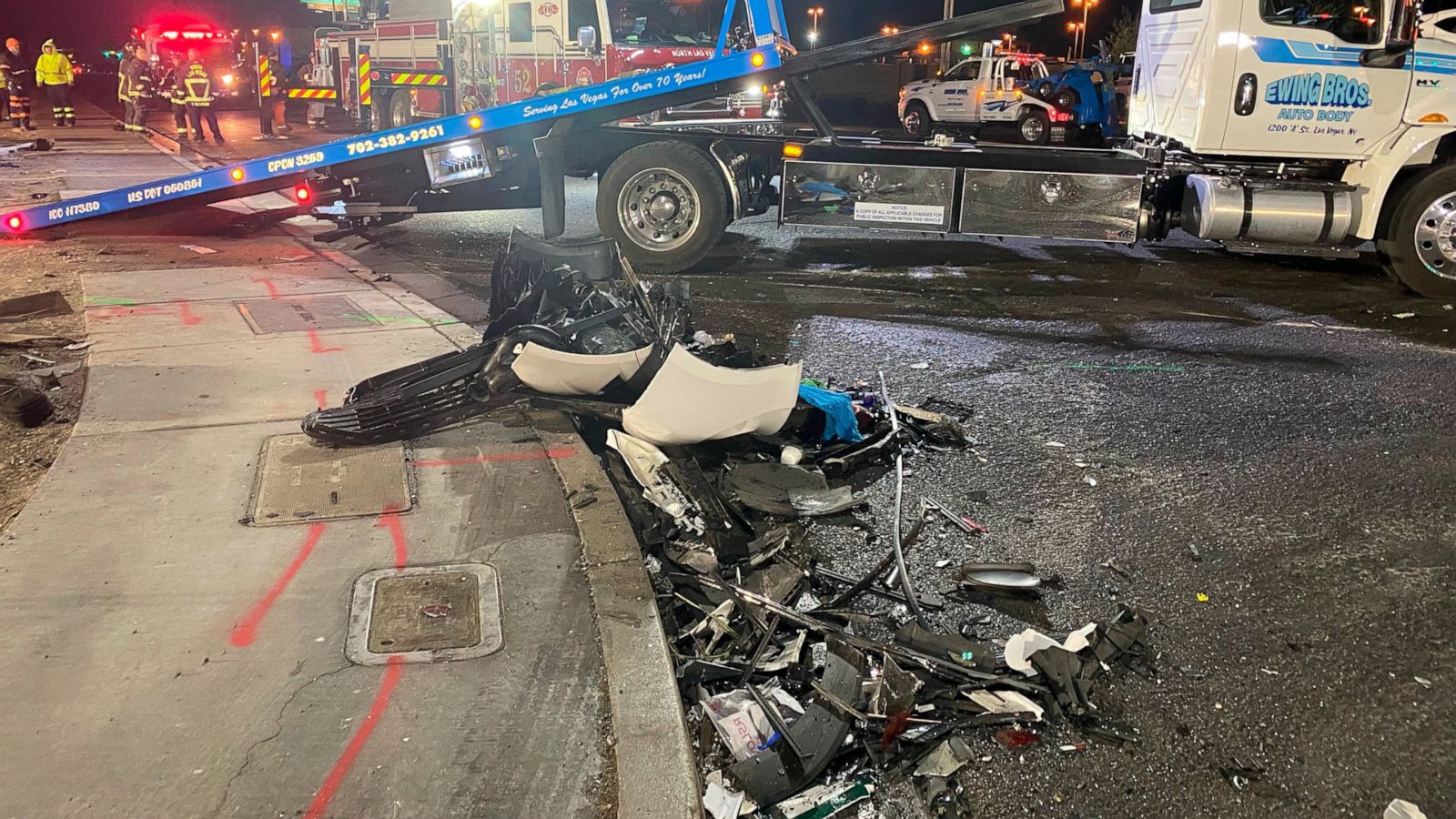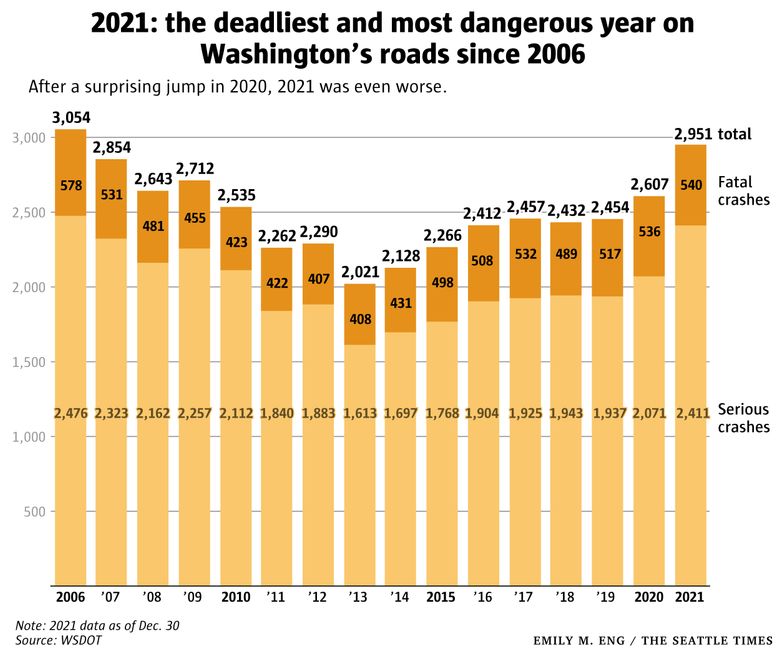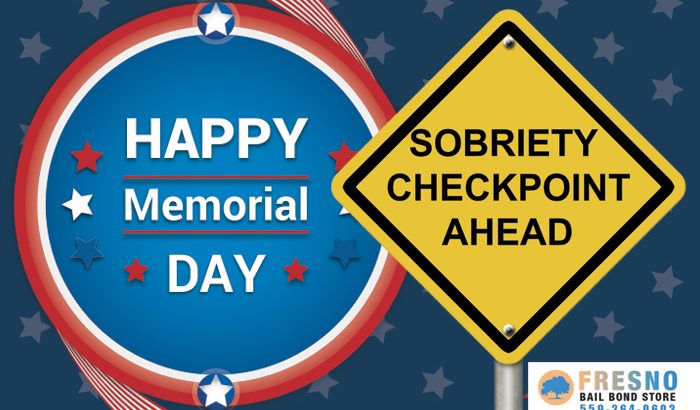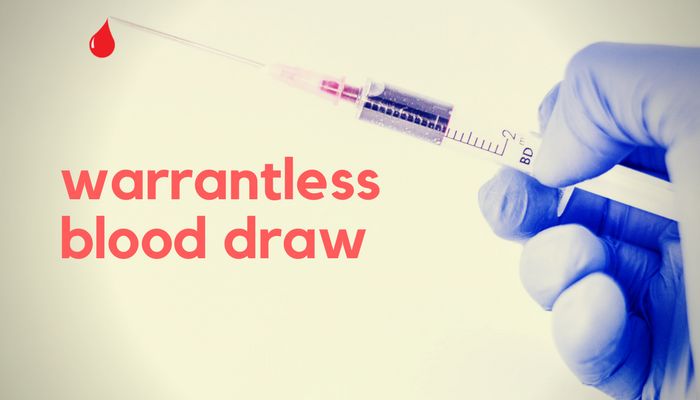
Red Sox pitcher Jake Peavy chews tobacco during a match. Credit: Getty Images
The answer? It depends how much chewing tobacco we’re talking about . . .
In State v. Sliger, the WA Court of Appeals held that a “foreign substance,” as used for the purposes of breath testing, is a foreign substance in an amount that can affect the accuracy of breath test results. Therefore, small strands of tobacco left in the mouth of the test subject, after he removed the main wad of tobacco, did not invalidate the breath results.
FACTUAL BACKGROUND
Mr. Sliger was charged with Vehicular Homicide. At the scene of the accident, Sliger removed a lump of chewing tobacco from his mouth. Prior to taking a breath test, when asked if he had any foreign substances in his mouth, he answered no. After checking his mouth, the officer noted strands of tobacco in his teeth that were not removed prior to taking the test.
Sliger filed a pretrial motion to suppress the breath test results. For a breath test to be admissible under RCW 46.61.506(4)(a)(iii), the State must produce prima facie evidence that the subject did not have any foreign substances in their mouth at the beginning of the observation period. This burden can be met with evidence that either the subject denied having anything in their mouth or evidence that a check of the mouth revealed no foreign substances.
Here, the trial court found that tobacco was a foreign substance, that Sliger removed the tobacco from his mouth before taking the test, but did not remove the strands of tobacco between his teeth. Based on Sliger’s denial of a foreign substance, the trial court concluded that the State met its burden of producing prima facie evidence that Sliger did not have a foreign substance in his mouth at the beginning of the observation period.
COURT’S ANALYSIS & CONCLUSIONS
The Court of Appeals (COA) stated the admissibility of a breath test is governed by case law, statute, and regulations. Specifically, RCW 46.61.506(4)(a) requires the State to produce prima facie evidence of certain facts before a test can be admitted as evidence. One of the facts is evidence that the person being tested “did not have any foreign substances, not to include dental work or piercings, fixed or removable, in his or her mouth at the beginning of the fifteen minute observation period.” RCW 46.61.506(4)(a)(iii).
“A ‘foreign substance’ is defined as a substance that ‘adversely affects the accuracy of test results.’ This definition leaves room for a substance such as tobacco to be considered a foreign substance based on the amount of the substance present. In other words, tobacco only becomes a foreign substance when it is present in an amount sufficient to adversely affect the test.”
“Reading the statute otherwise would lead to absurd results. If we were to hold that the presence of any amount of a substance that is foreign to the mouth renders a test inadmissible, then in theory the microscopic presence of any such substance would impact admissibility. Such a result is not required by the regulations or the statute.” ~WA Court of Appeals
With that, the COA affirmed the trial court’s denial of Mr. Sliger’s Motion to Suppress. Here, Sliger denied having any foreign substances in his mouth. And when the officer checked, he did not see any foreign substances. He did see strands of tobacco but did not consider them to be a foreign substance.
Please contact my office if you, a friend or family member are charged with DUI or any other crime. Hiring an effective and competent defense attorney is the first and best step toward justice.















